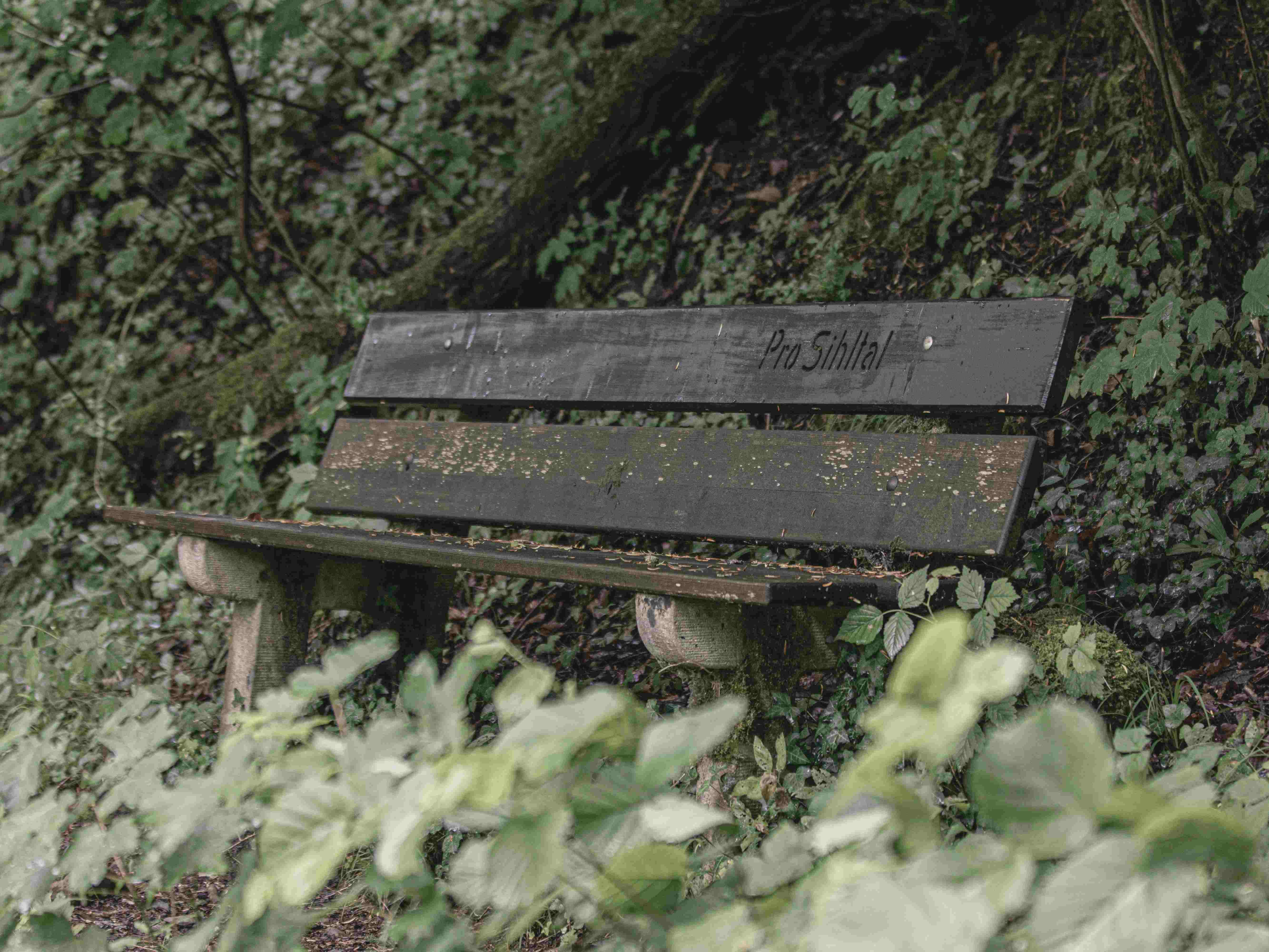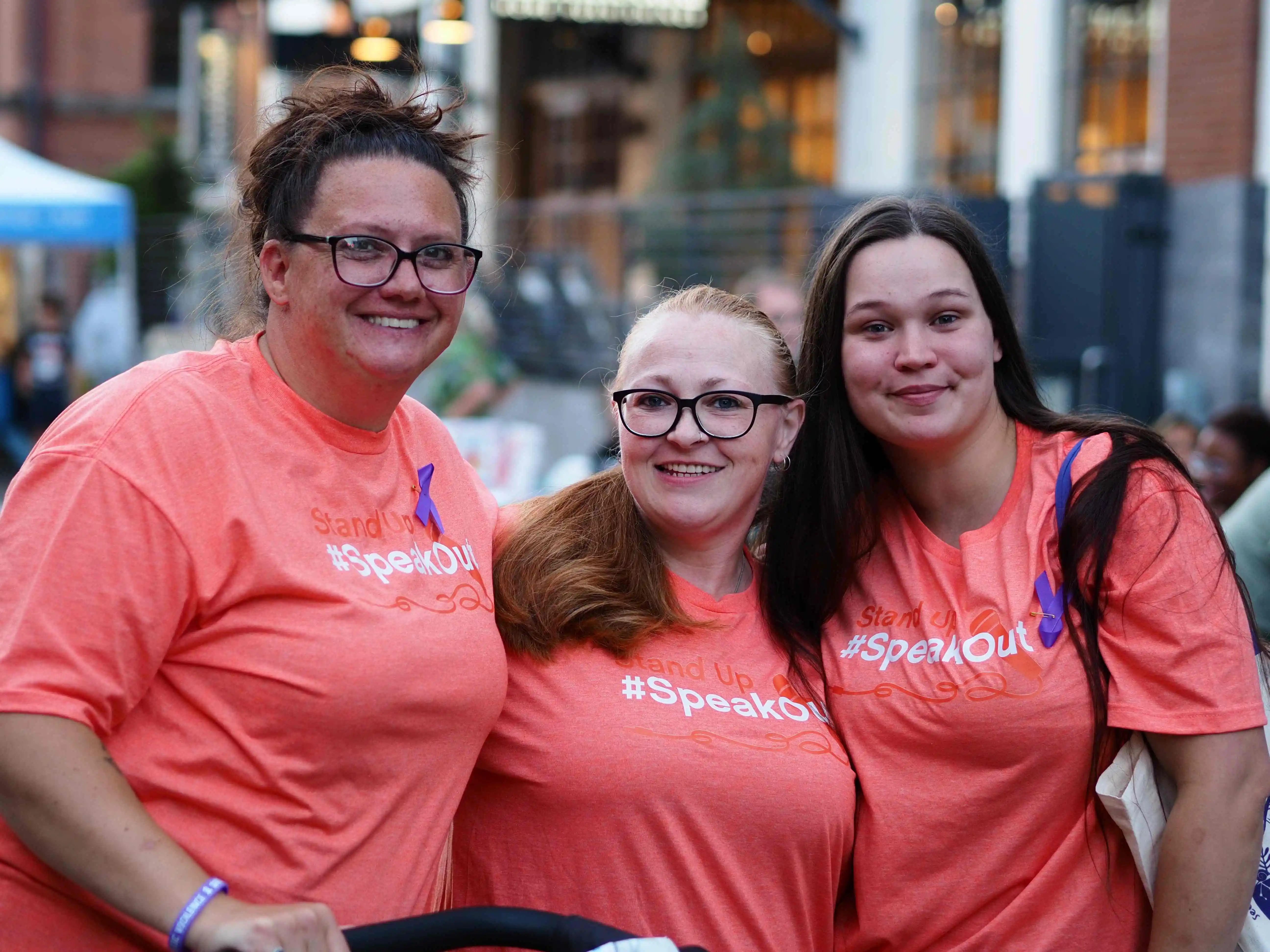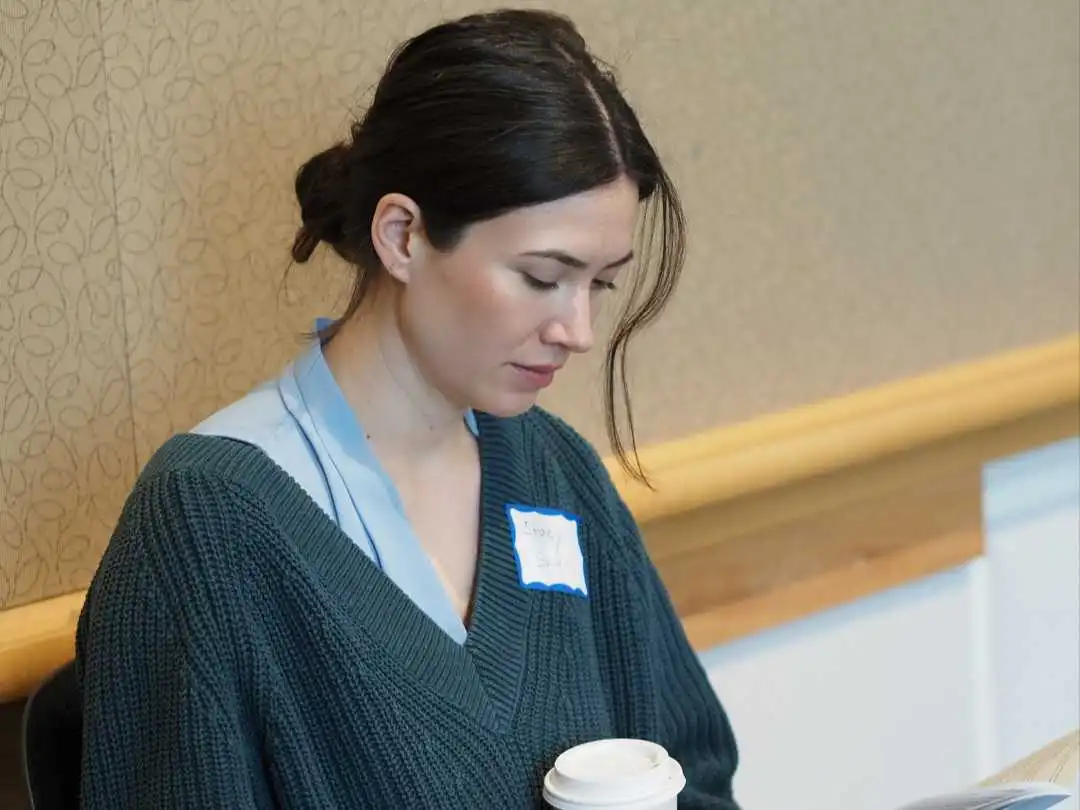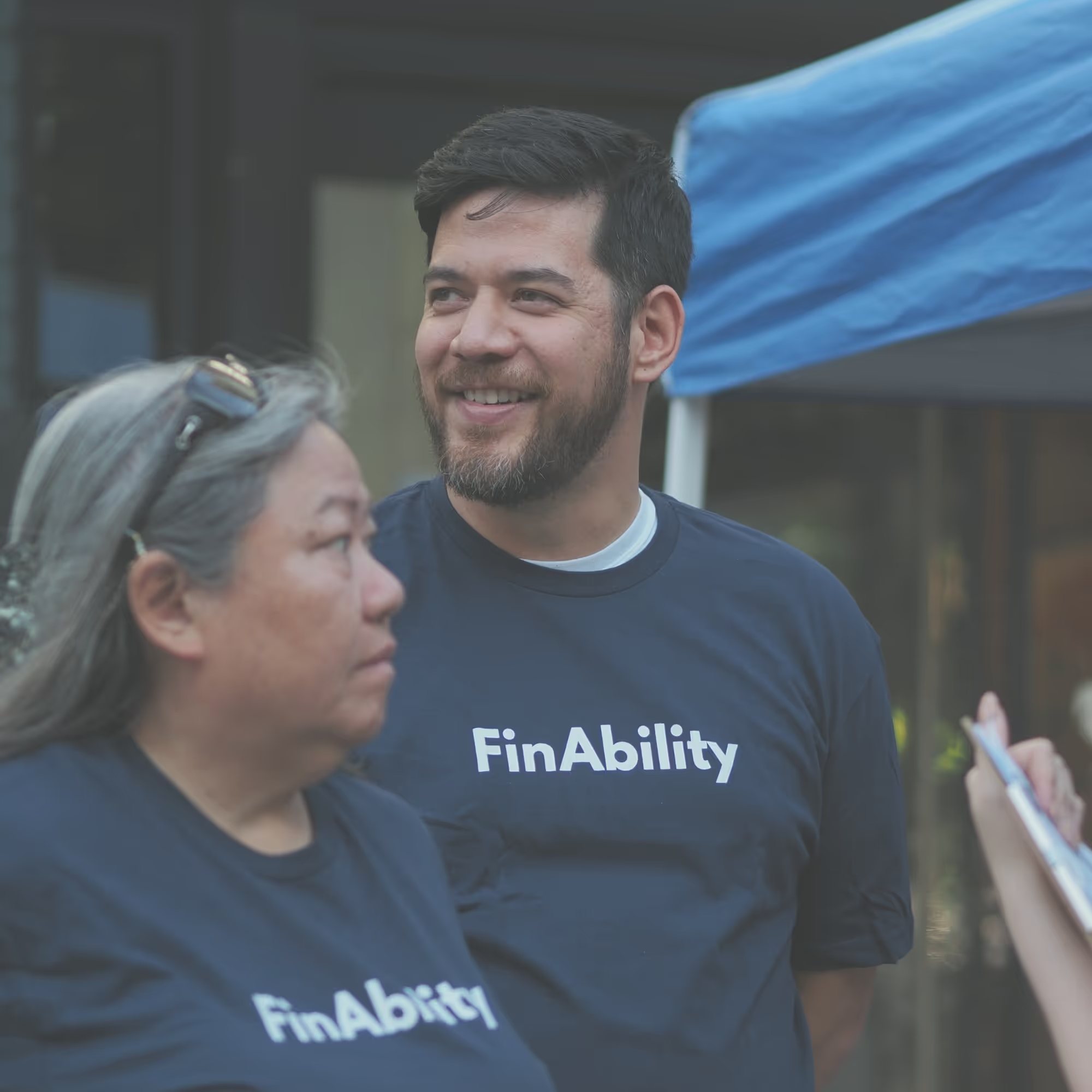FinAbility растет! В сентябре прошлого года мы приняли Джолин Фуллер в качестве нашего нового программного специалиста. Имея большой опыт работы в сфере адвокации, Джолин привнесла неоценимый опыт в нашу команду, продолжающую расширять свое влияние. Недавно мы встретились с ней, чтобы узнать больше о ее роли - вот что она рассказала.
О: Привет, Джолин! Очень приятно познакомиться с вами. Не могли бы вы рассказать мне немного о себе и своей новой роли?
Дж: Да! Меня зовут Джолин Фуллер, и я новый сотрудник программы Finability. Моя роль заключается в том, чтобы быть главным контактным лицом для всех наших программ, так что сейчас это классы, семинары и менторство. Мы также запускаем нашу программу по подбору сбережений, и у нас есть много интересных идей на будущее, так что сейчас я много занимаюсь работой на местах, а затем сотрудничаю со Стейси, и вместе мы определяем, как нам двигаться дальше.
О: Есть ли какая-то конкретная задача, которую вы с нетерпением ждете, чтобы решить в этой новой роли?
Дж: Сейчас мы действительно сосредоточены на нашей Программе совмещения сбережений. В первом квартале нового года мы запустим ее в пилотной фазе, так что я очень рада, что смогу предложить реальную финансовую поддержку нашим жертвам, которые также участвуют в программе наставничества.
Очень здорово поддерживать работу, которую они проводят со своими наставниками, оказывая им реальную финансовую поддержку. Создавать сбережения - это так сложно, поэтому помогать им в достижении их целей очень интересно.
О: Что в новой сберегательной программе FinAbility отличает ее от других программ, которые обычно предлагаются пострадавшим?
Дж: Я думаю, это отличный вопрос о FinAbility в целом, потому что я работала во многих программах, поддерживающих людей, переживших разрыв, разными способами, но я думаю, что ее отличает то, что она заняла свою нишу. В Портленде есть много отличных программ кризисной поддержки для людей, переживших разрыв, но не так много программ поддержки после расставания, поэтому FinAbility действительно удовлетворяет эту потребность людей, переживших разрыв.
Конечно, мы знаем, что во время финансового злоупотребления это так душераздирающе и тяжело, но есть много долгосрочных последствий финансового злоупотребления, поэтому возможность поддержать людей, когда они находятся в безопасности и пытаются встать на ноги и достичь своих целей, очень важна.
Я также думаю, что мы делаем это с учетом травмы, то есть мы не просто предоставляем людям финансовые услуги, мы делаем это, зная, что работаем с людьми, пережившими травму, и понимая, через что они могли пройти, что, на мой взгляд, очень важно. Например, когда я общаюсь с подопечными в рамках наших программ финансового наставничества, я часто слышу, как они говорят о том, что чувствуют себя отстающими или испытывают чувство стыда из-за своих финансов, поэтому очень важно, чтобы люди приходили в нашу программу и рассказывали о своих проблемах, чтобы они могли получить помощь.
В конечном счете, при составлении программ мы должны понимать, как люди дошли до такого состояния и каковы последствия травмы, поэтому возможность оказывать услуги через призму этого очень важна.
О: Вы упомянули о своем опыте работы с пострадавшими. Есть ли в вашей карьере опыт, который особенно повлиял на то, как вы подходите к этой роли?
Дж: Я выполняла почти все роли, которые только можно выполнить в качестве адвоката, и я просто очень благодарна за то, что мне довелось пообщаться с таким количеством выживших. Все эти роли научили меня тому, что умение слушать и пытаться найти подход к людям - один из лучших способов поддержать пострадавших. Я чувствую, что мне очень повезло, что люди доверились мне и позволили пройти с ними через очень тяжелые ситуации.
Что меня всегда поражает в работе с пострадавшими, так это сложности, с которыми люди приходят за стол переговоров, поэтому я думаю, что способность FinAbility не воссоздавать услуги, которые есть у других программ, а предоставлять поддержку другим способом помогает решить некоторые из этих сложностей, с которыми сталкиваются люди.
A: Каково ваше долгосрочное видение программ FinAbility?
Дж: Прежде всего, я думаю, что Стейси, правление и SAC [Консультативный комитет выживших] очень открыты для того, чтобы прислушиваться к тому, что нужно выжившим. В частности, я бы сказала, что наставничество и наши финансовые занятия и семинары действительно можно масштабировать. Это то, что можно сделать и за пределами Орегона, и я думаю, что возможность предоставить шаблон для других организаций и других штатов, чтобы сделать это, звучит действительно захватывающе. То же самое касается совмещения сбережений. Я думаю, что это то, что при условии правильного финансирования действительно можно масштабировать.
Мы также говорим о возможности создания группы поддержки. Стейси давно говорила об этом, и это было определено как приоритетное направление. На наших занятиях мы видим, как люди рассказывают о том, через что они проходят, или делятся ресурсами, которые им помогли, они делятся друг с другом идеями и поддержкой. Предоставление более формального пространства для этого стало бы значимым способом объединения людей и создания большего сообщества вокруг всего этого.
О: Учитывая, что FinAbility предлагает такое разнообразие программ, как вы оцениваете успех и эффективность той или иной программы?
Дж: Лично я думаю, что мы, безусловно, хотим охватить как можно больше людей. Если говорить о чем-то измеримом, то нам очень важны отзывы наших прошлых участников. Я много общаюсь с людьми, и думаю, что мне помогают продолжать чувствовать воодушевление от этой работы те небольшие истории успеха, которые есть у людей. Например, увидеть, как дуэт наставника и подопечного встречается и вместе преодолевает трудности, показать нашим подопечным, что они могут справиться с любой проблемой... Эти маленькие моменты очень радуют. Мне нравятся такие личные истории, и я думаю, что они являются отличным показателем успеха.
О: Вы упомянули эти личные истории - есть ли еще что-то, что особенно вдохновляет вас в работе с выжившими?
Дж: Это точно такие истории. Я просто думаю, что тот факт, что люди могут прийти к нам и довериться нам, признавшись, что у них нет сбережений или что у них плохая кредитная история, - это очень сильно. Их открытость заставляет меня чувствовать себя по-настоящему вдохновленным людьми, которые мотивированы и доверяют нам.
A: Что бы вы посоветовали тем, кто хочет помогать пострадавшим в рамках адвокации или волонтерства?
Дж: Если люди действительно хотят быть защитниками, то, как бы трудно это ни было, я считаю, что посещение местного приюта и волонтерство очень важны. Именно так я и начинала. Я занималась всем: и организацией шкафов, и работой на кризисной линии, и присмотром за детьми... Я просто думаю, что вы так многому научитесь. Я скажу, что если вы не занимались этой работой, то она может показаться немного подавляющей, особенно если вы человек, который не обязательно хочет быть адвокатом, но при этом хочет оказывать поддержку пострадавшим. В этом случае, я думаю, очень важно осознать, что мы живем в мире, где многие люди пострадали от домашнего насилия и сексуальных посягательств.
Где бы вы ни находились, всегда важно знать, какие ресурсы доступны в нашем сообществе. По какому номеру можно позвонить в вашем районе? Если вы подозреваете, что кто-то из ваших близких находится в небезопасной ситуации, что делать? Каждый должен знать национальную горячую линию и двигаться по миру, понимая, как много людей затронуты этой проблемой.
О: В завершение у нас есть легкий личный вопрос... Что в вас есть такого, о чем большинство людей не догадались бы, лишь взглянув на вашу профессиональную биографию?
Дж: Я очень люблю музыку и очень люблю танцевать. Я выросла с танцами, а став взрослой, посещала множество различных танцевальных курсов, так что это приносит мне много радости. Сейчас, когда я стала мамой и у меня есть постоянная работа, я не так часто хожу на занятия, но у меня дома часто проходят импровизированные танцевальные вечеринки, которые очень веселые! Даже иногда я просто танцую, а мой ребенок говорит: "Боже мой, что ты делаешь!".
Я также очень люблю делать миксы. Это мой язык любви, поэтому я делаю много миксов для друзей и семьи, и когда я работаю, всегда играет музыка.
A: Есть ли у вас сейчас любимый исполнитель или любимая песня?
Джей: Так много. Сейчас я слушаю много Суки Уотерхаус.
О: Что вас больше всего радует в следующем году работы с Finability?
Дж: Я в восторге от нашей новой программы "Сберегательный матч", а также от развития наставничества и создания группы поддержки. Я также надеюсь, что наши услуги будут более адаптированы к конкретным группам населения.
Я знаю, что мы хотим больше работать в сельских общинах и с племенами. Везде, где мы можем использовать уже существующие замечательные сервисы для предоставления наших услуг. Даже в целом у нас был большой рост и успех, и я думаю, что просто использовать и продолжать это очень интересно.
Мы благодарны Джолин за то, что она поделилась с нами своей историей и страстью. Ее преданность делу защиты и расширения финансовых возможностей делает ее бесценным дополнением к нашей команде, и мы не можем дождаться, когда увидим, какое влияние она окажет!
Интервью с Джолин состоялось 27 декабря 2024 года. Хотя интервью было отредактировано для ясности и длины, были предприняты все усилия, чтобы сохранить целостность слов интервьюируемого.
%20(2).svg)









